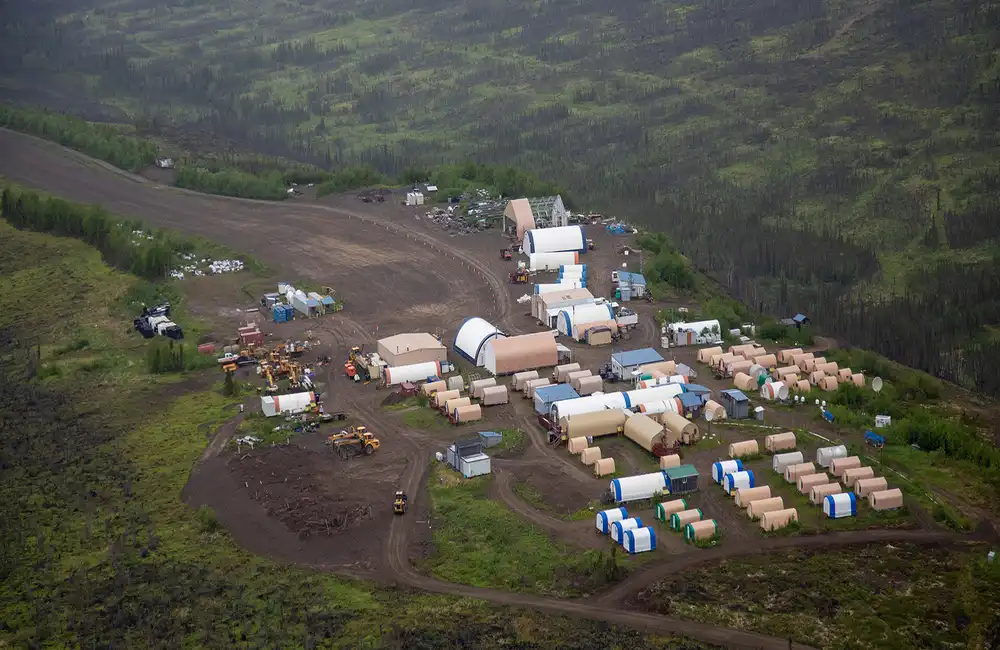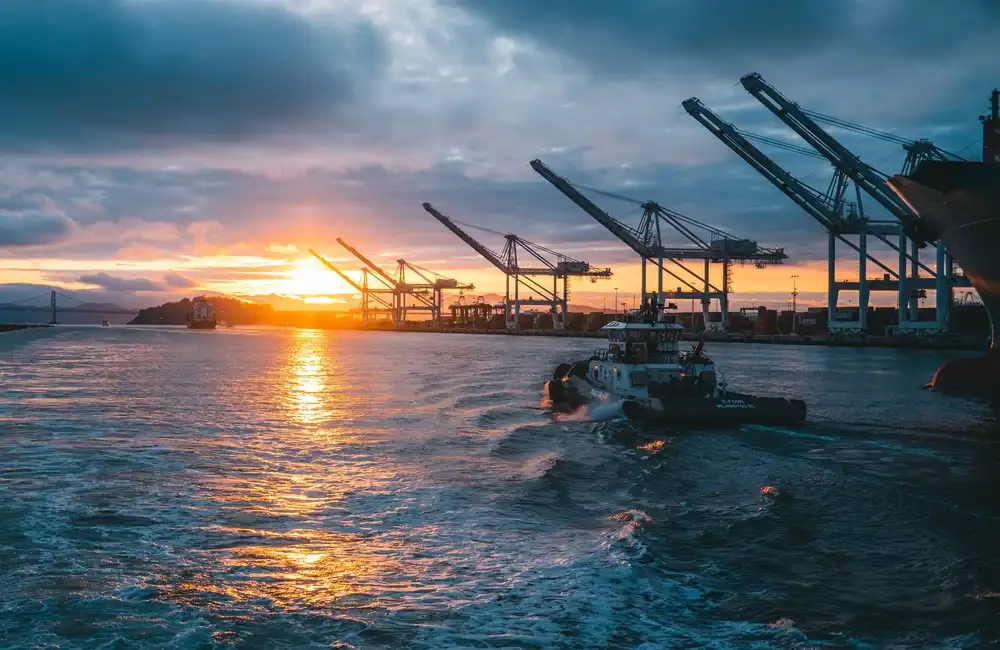On April 24, 2025, President Donald Trump issued an executive order to accelerate deep-sea mining operations in U.S. territories and international waters.
The directive aims to increase domestic production of essential minerals such as nickel, cobalt, and manganese, which are vital for defence and industrial purposes, and reduce dependence on China, which supplies most of these materials globally. The executive order has generated economic optimism while simultaneously producing widespread concern about its environmental and international effects.
Details of the Executive Order
The executive order requires the Department of Commerce, Department of the Interior, the National Oceanic and Atmospheric Administration (NOAA), and other federal agencies to update and speed up the permit system for deep-sea mining activities. The administration activated the Deep Seabed Hard Mineral Resources Act of 1980 (DSHMRA) to authorise exploration and extraction activities within the United States. The U.S. has authorised commercial mining activities within its Exclusive Economic Zones (EEZs) and international waters that fall outside any nation's jurisdiction. The legal framework enables U.S. companies to obtain permits for commercial mining activities by citing national interest and sovereignty. Federal agencies plan to release guidelines with specific deadlines for regulatory streamlining in the upcoming months.
The directive launches when competition for rare earth elements grows globally and causes concern about its accordance with international treaties, including the UNCLOS, which remains unratified by the U.S.
Economic Rationale
The administration has presented the executive order as a crucial step to protect domestic access to essential minerals while reinforcing national supply chains. President Trump stated that these resources hold strategic importance because they support national security operations, renewable energy solutions, and industrial production methods.
According to White House forecasts, expanded deep-sea mining activities will result in thousands of new jobs while boosting domestic technology investments and generating billions in GDP each year. The President announced the initiative to regain American control over essential future materials and eliminate foreign dependence.
The administration emphasised that quickening these operations would position the United States as an international leader in deep-sea mineral processing while supporting key industries like electric vehicle production and clean energy storage.
Environmental and Scientific Concerns
The economic benefits of deep-sea mining appear convincing, but environmental scientists and conservationists find its ecological consequences highly concerning. Over 30 countries, together with environmental organisations like Greenpeace and Pew Charitable Trusts, have expressed worries about potential ecological damage from mining in unexplored marine regions.
The Clarion-Clipperton Zone (CCZ) in the Pacific Ocean has become a major topic of discussion because it contains seafloor nodules rich in valuable minerals. Scientists express concern that mining activities which disturb these ancient marine resources may cause permanent harm to ocean ecosystems and their biodiversity. Mining operations produce sediment plumes that can cover extensive areas and suffocate coral reefs while disrupting habitats for deep-sea species that scientists have yet to study fully.
Environmental advocates are demanding more thorough environmental impact evaluations while opponents assert that fast-tracked permitting processes could undermine the development of strong regulatory protections. Our planet's final unexplored frontier is the deep sea. Dr. Maria Fontaine, an expert marine biologist, emphasised the need for the strongest protection measures for this fragile environment rather than any form of exploitation.
Geopolitical Repercussions
The U.S. unilateral approach generated diverse international responses. Many ISA member nations see this action as a threat to the cooperative management of marine resources.
Japan and Australia have shown support with reservations while emphasising technological cooperation and environmental monitoring, but critics believe this order could heighten diplomatic conflict. European Union representatives have advised Washington to adopt cooperative principles, as non-compliance with UNCLOS standards may lead to complex international arbitration issues in the future.
China has criticised the executive order because it believes Washington is transforming untouched natural areas into geopolitical assets. The executive order may initiate an international competition for deep-sea resources while increasing the demand for prompt ISA regulations regarding deep-sea mining.
Industry Reactions
Mining companies operating in deep-sea environments, including The Metals Company, view the executive order as a landmark move that will bring new investment to their emerging industry. Gerard Thompson, The Metals Company’s CEO, described the directive as "a game-changer" because it eliminated regulatory barriers, which he believed represented major progress. The rich mineral deposits in the deep sea have the potential to supply global needs for many years and create possibilities for sustainable expansion.
Experts in market analysis foresee a substantial increase in exploration and mining permit applications following the implementation of the new regulatory structure. Companies have sped up their deployment of advanced technologies including ROVs and AI-based data collection systems to decrease operational risks.
Industry insiders urge cautious optimism because they worry that evolving international regulations and potential lawsuits could delay projects.
Legal and Regulatory Implications
The executive order’s utilisation of the DSHMRA might provoke legal examination. Several environmental organisations, along with certain legislators, doubt if federal agencies can properly review permits on shortened schedules without neglecting important environmental protections established by legislation such as the National Environmental Policy Act (NEPA).
Various experts have identified possible clashes with existing international regulations. Member states that stand for cooperative seabed resource management might contest the executive order because it circumvents the ISA’s regulatory framework. Previous U.S. court decisions regarding excessive regulation demonstrate that prolonged legal disputes are a likely outcome.
Public and Stakeholder Perspectives
Stakeholder responses on the ground continue to show stark divisions. The industrial sector highlights the promising economic benefits, while environmental proponents alert to the disastrous effects on oceanic life. The public discussion shows both worry about ocean conservation and excitement about cutting reliance on external mineral sources.
According to a study by Climate Action Now, 63% of Americans back a dual-focused strategy which includes strong environmental safeguards together with securing essential mineral resources. "We must achieve energy independence without sacrificing the health of our oceans," environmental policy expert Sara Milton declared.
A Balancing Act for the Future
President Trump’s executive order has highlighted deep-sea mining as a crucial issue while rekindling discussions about balancing economic progress with environmental protection. The directive has stimulated industry growth yet it encounters substantial obstacles that include diplomatic issues and legal and environmental opposition.
The upcoming months serve as a critical period for the U.S. to reach its ambitious targets without harming deep sea ecosystems or damaging its international reputation. For now, the waters remain murky, but one thing is certain: The quest to explore Earth’s remaining untouched regions has officially started.

















